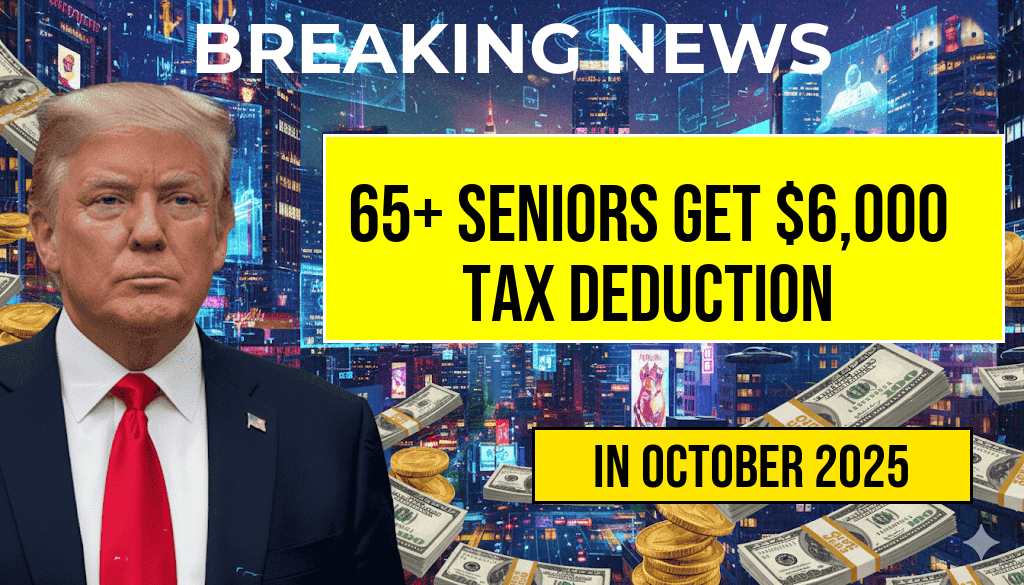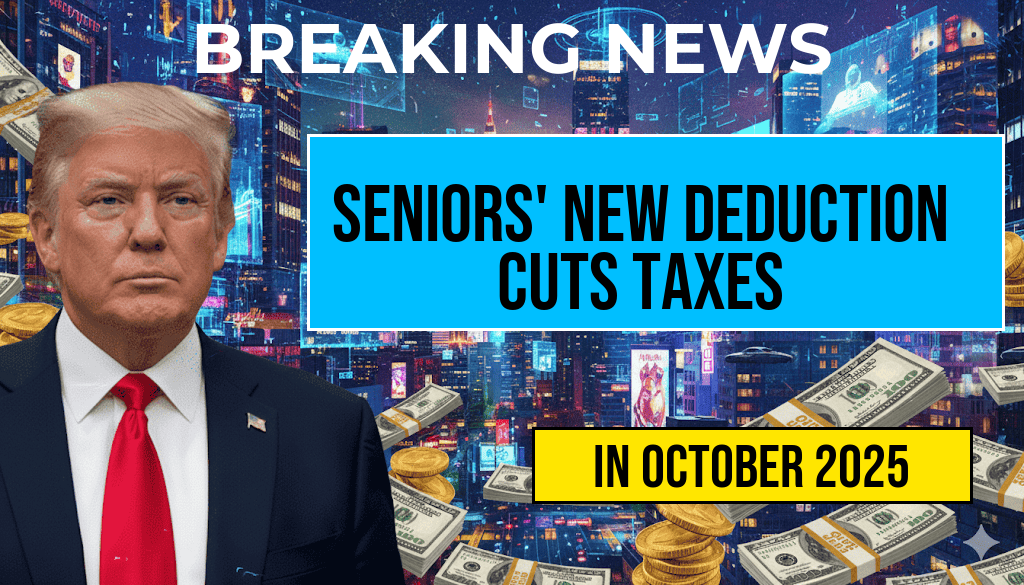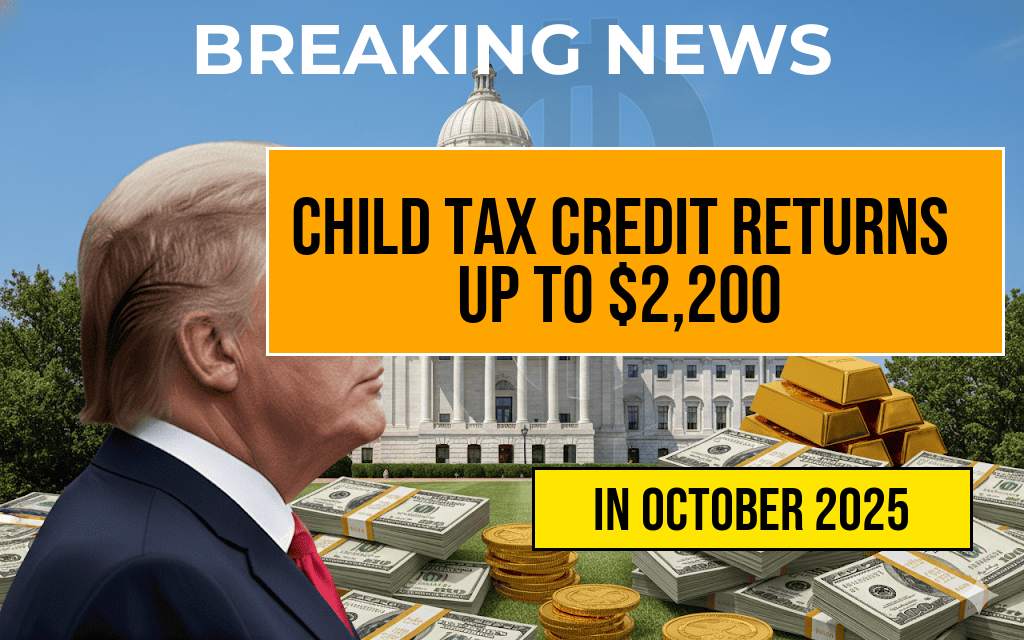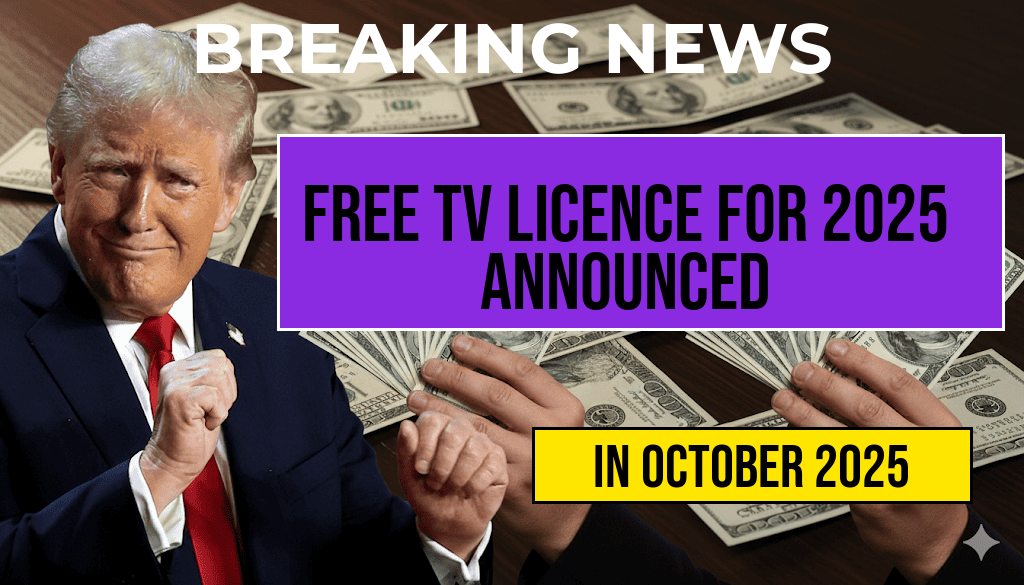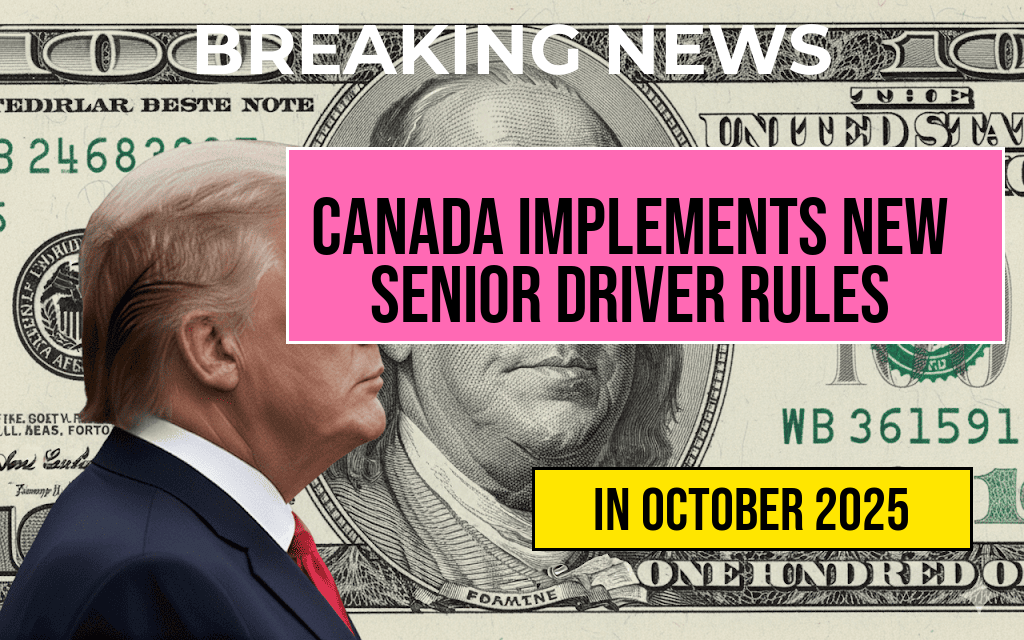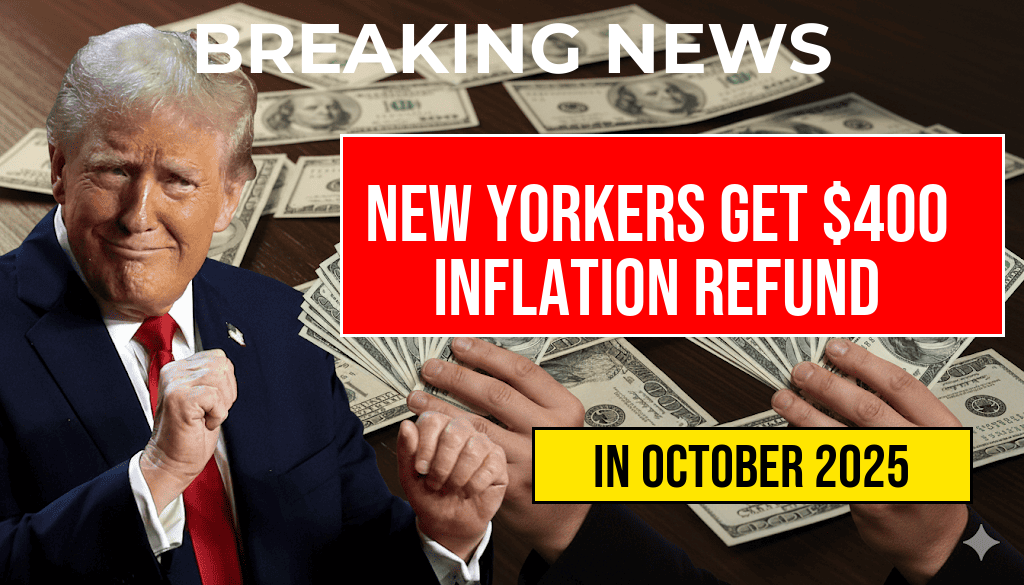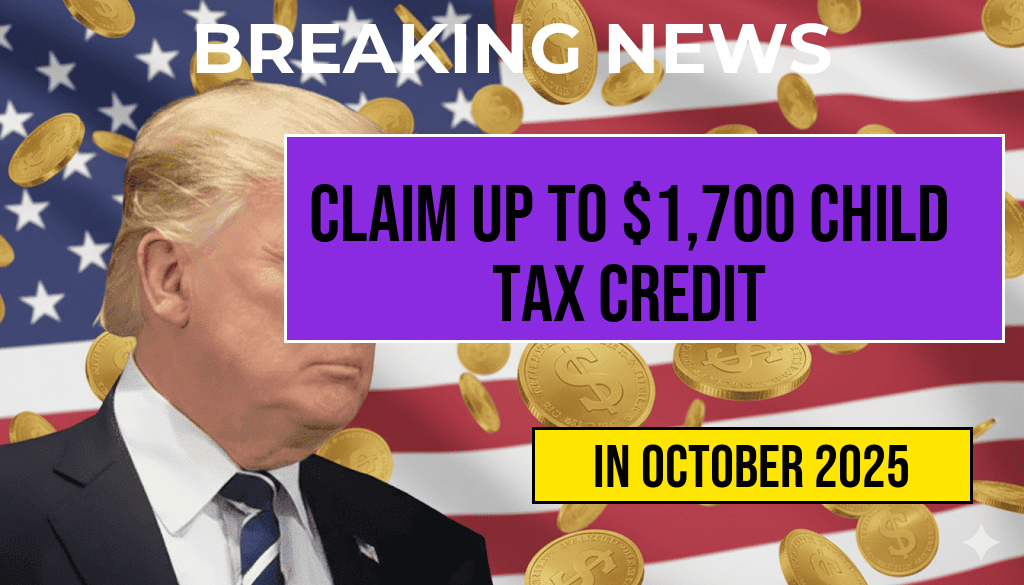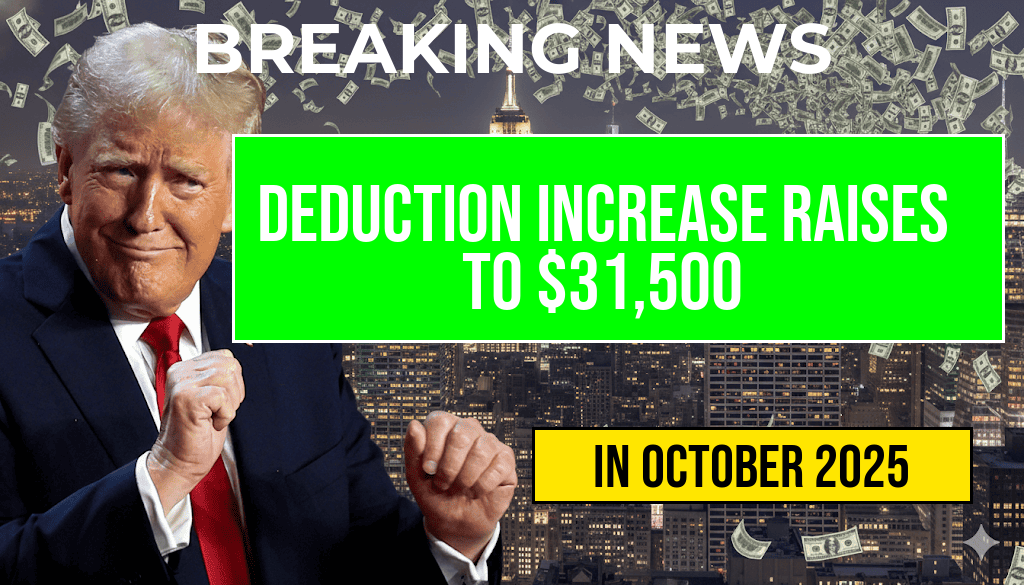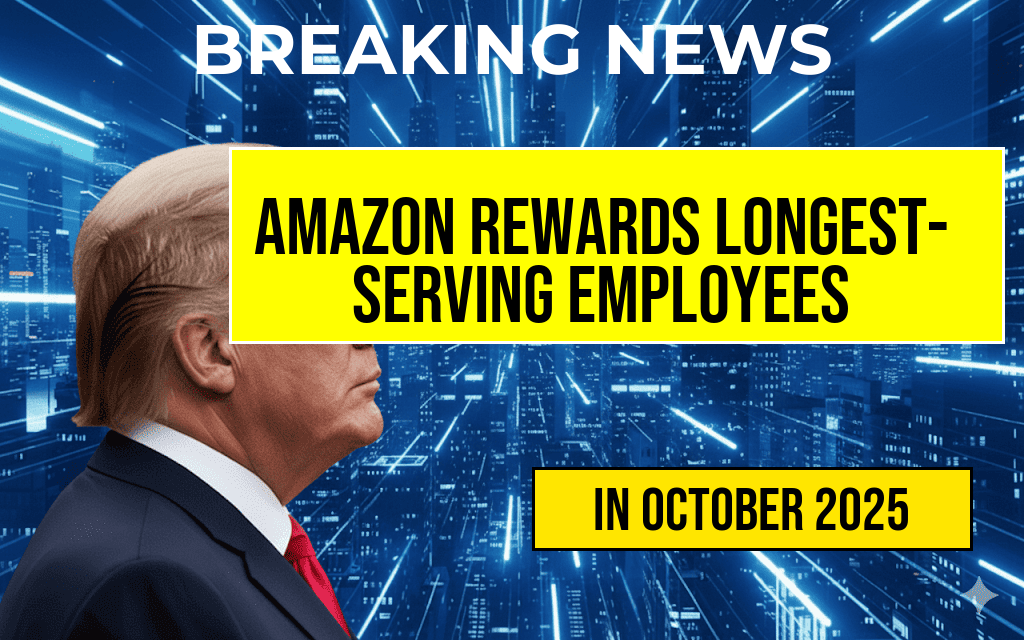The federal government announced today that *free television licences* will be provided to eligible households starting in 2025, part of a broader initiative to support seniors and low-income families in accessing essential media services. The new policy aims to eliminate the financial barrier for millions of Americans relying on over-the-air broadcasts, ensuring equitable access to news, entertainment, and educational programming. Officials emphasized that the program will be implemented gradually, with details on eligibility criteria and application procedures to be unveiled in the coming months. This move comes amid ongoing debates about media accessibility and the role of public broadcasting in American society, reflecting a bipartisan effort to bolster digital inclusion and support vulnerable populations.
What the New Policy Entails
Under the proposed plan, *eligible households* will no longer be required to pay for annual TV licences if they meet specific criteria. The policy is designed to assist those who might otherwise forgo television access due to financial constraints, especially seniors living on fixed incomes and low-income families. The government estimates that approximately 3 million households nationwide could benefit from the initiative, reducing annual expenses and expanding access to vital information sources.
Eligibility Criteria
The government has outlined preliminary eligibility standards, which are expected to be refined before the official rollout:
- Households where all adult members are aged 65 or older or receiving qualifying income benefits.
- Individuals enrolled in federal assistance programs such as Medicaid, SNAP, or housing subsidies.
- Households with annual incomes below a specified threshold, currently under review.
- Residents of designated rural or underserved areas where access to digital streaming services may be limited.
Application Process and Implementation Timeline
Officials have indicated that eligible residents will be able to apply through a simplified online portal or via local government offices. Details on documentation requirements are expected to include proof of income, age verification, and residence. The government plans to initiate a phased rollout starting mid-2024, with full coverage targeted for early 2025. Outreach campaigns will be launched nationwide to ensure that affected communities are informed and able to access the program without unnecessary hurdles.
Broader Context and Policy Goals
The move to offer free TV licences aligns with broader efforts to promote media accessibility and digital inclusion across the country. Critics of the current licensing system have long argued that the fees disproportionately impact low-income households, potentially limiting their access to crucial news and educational content. Advocates highlight that the initiative could significantly reduce disparities in information access, fostering greater civic engagement and awareness among vulnerable populations.
Historical Background
The idea of subsidizing or eliminating TV licence fees has been debated for years, with some states experimenting with similar programs. Historically, the fee has been used to fund public broadcasting services like PBS, which provide educational and cultural programming. The current proposal seeks to balance the support for these services with a renewed focus on affordability and social equity.
Public Reception and Industry Impact
Reactions from consumer groups and industry stakeholders have been largely positive, emphasizing the potential benefits for seniors and low-income households. However, some broadcasters express concern over future funding models and the sustainability of public media financing. Industry analysts suggest that the policy may accelerate shifts toward digital streaming, prompting broadcasters to innovate in content delivery and audience engagement.
Key Stakeholders’ Perspectives
| Stakeholder | Perspective |
|---|---|
| Seniors’ Advocacy Groups | Supportive, citing increased access to vital information and entertainment |
| Public Broadcasters | Mixed; welcoming increased viewership but concerned about funding stability |
| Telecommunications Industry | Monitoring; viewing digital transition as an opportunity and challenge |
| Policy Analysts | Highlighting the importance of equitable access and long-term funding strategies |
Looking Ahead
The government has committed to transparent communication throughout the implementation process, with detailed eligibility guides and application instructions expected to be released in the coming months. As discussions continue about the future of public broadcasting funding, this initiative signals a shift toward prioritizing affordability and access in media consumption. The success of the program could serve as a model for other states and regions seeking to bridge the digital divide and promote inclusive media participation.
For more insights into the history of TV licensing and public broadcasting in the United States, visit Wikipedia’s Public Broadcasting in the United States. To explore analysis on media accessibility policies, see Forbes’ coverage on digital inclusion.
Frequently Asked Questions
Will I qualify for the free TV licence in 2025?
Eligibility for the free TV licence in 2025 depends on specific criteria set by the government, such as age, income, and living situation. Check the official guidelines to determine if you meet the requirements.
How do I apply for the free TV licence in 2025?
You can apply for the free TV licence through the official government website or by contacting the relevant licensing authority. Ensure you have all necessary documentation ready to complete your application.
Is the free TV licence available for all age groups?
No, the free TV licence is typically targeted at specific age groups, such as seniors aged 75 and above. Verify the age criteria for 2025 to see if you qualify based on your age.
What documents do I need to provide to qualify for the free TV licence?
Generally, you may need to provide proof of age, residency, and income status. Specific requirements can vary, so consult the official guidelines to prepare the necessary documents.
When does the free TV licence take effect in 2025?
The free TV licence is expected to be available from the beginning of 2025. Stay updated with official announcements for exact dates and any changes to the application process.

